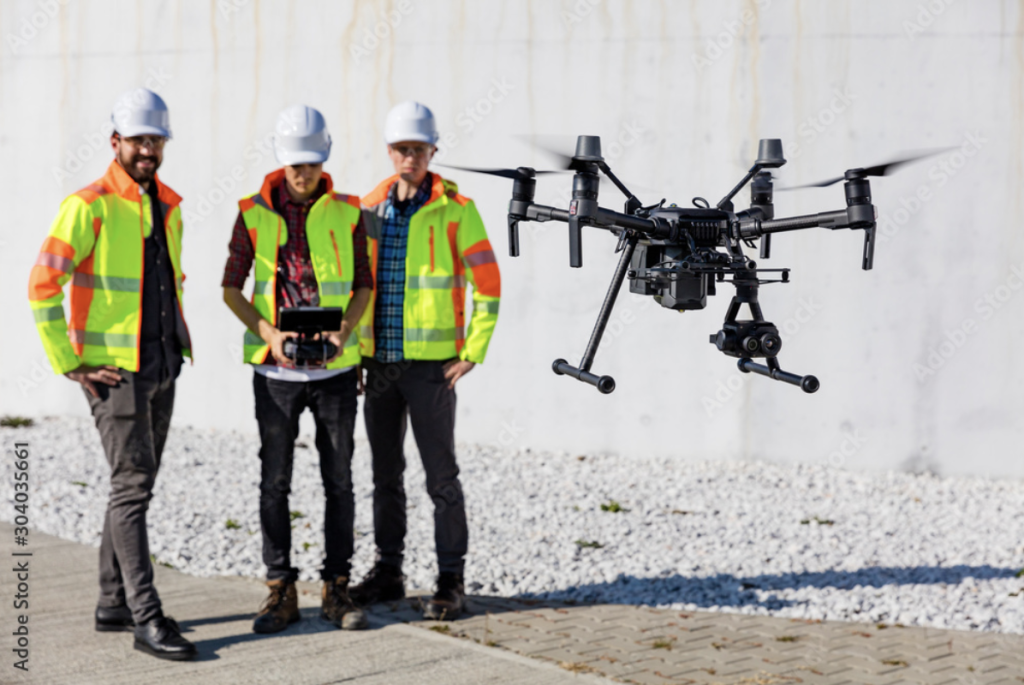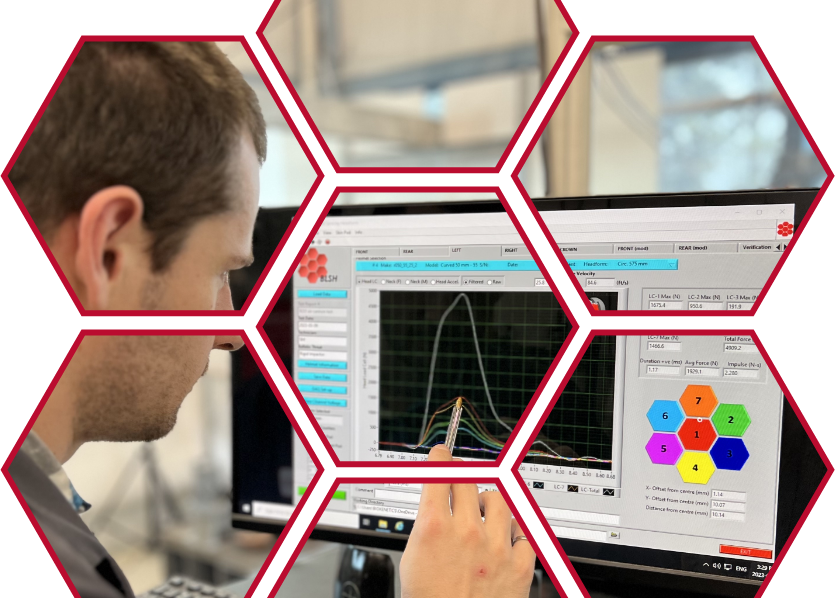
Commercial drones have an increasingly turned to tool across multiple industries, including photography and videography, land surveying, commercial delivery and even military and law enforcement purposes. While drones present a remarkable advantage and the opportunity to increase efficiency and lower on-the-job risk across many applications, they are not without risk that warrants the need for rigorous testing and highly regulated industry standards to mitigate the chance of harm.
Below, we’ll take a look at 4 reasons why testing is so essential for drone safety. Read on to learn more!
Ensuring Regulatory Compliance and Building Trust
Commercial drone testing helps to ensure that all unmanned aerial systems (drones) are held accountable as per agreed upon standards set by global aviation authorities such as the United States’ Federal Aviation Administration (FAA) and Transport Canada. Such regulations are designed to address a wide variety of considerations, including safeguarding airspace integrity, protecting ground-based individuals, and minimizing the risk of accident due to collisions or mechanical failures. Compliance standards cover multiple details including weight limits, altitude restrictions, remote identification, and more, each of which play a key role in protecting operators, as well as civilians that may interact within your flight zone.
Assessing Reliability and Performance
Much like a comprehensive maintenance and performance assessments conducted on industrial machinery, drone testing acts as a method of evaluation that establishes a baseline for safe operations. Factors like battery life, flight stability, durability, and ability to handle adverse and unpredictable environmental conditions should be routine assessed to uncover weaknesses or potential failures preemptively. Performance testing also serves a dual purpose in that it allows manufacturers to make improvements where necessary in order to stay competitive (and compliant) with market standards.
Adapting to Diverse Environments
Drones are expected to eventually operate across a wide spectrum of environments, from bustling metropolitan centres to remote landscapes that offer less protection from the elements to remote and challenging terrains. Rigorous commercial drone testing is essential to make sure that each unit is capable of safely navigating and operating within various settings when experiencing sudden failures that may put others at risk.
Collision Avoidance and Fail-Safe Mechanisms
One of the most significant safety concerns in the commercial drone industry is the risk of collisions, and the ensuing collateral damage involved in such incidences. Drones have the potential to collide with countless other objects, buildings, other drones, and potentially even human beings in the event of a fall. Commercial drone testing recognizes the extreme risk present in these kinds of situations, and closely evaluate each unit’s onboard collision avoidance systems, obstacle detection capabilities, and emergency fail-safe mechanisms such as parachutes.
Testing also includes assessing functions like automatic return to home (RTH) and geo-fencing, designed to prevent drones from flying into restricted or hazardous areas. Once avoidance and emergency protocol options are properly assessed, manufacturers and commercial users will be able to trust safety measures with confidence.
Drone Testing and More with Biokinetics
As drone technology continues to evolve and unmanned aerial units becomes increasingly common in commercial practices, it is essential to have protocols and testing metrics that allow for the accurate assessment and rating of safety and performance capabilities for all models on the market. At Biokinetics, we also know the importance of staying on top of evolving practices and taking a preventative approach to hazards, especially in emergent fields like drone technology.
For over 45 years, our team of biomechanical engineers has partnered with clients to provide comprehensive full-scale testing and assessment services for drones, as well as accident reconstruction services, ballistic testing, sports injury research and prevention assessment, and more.
Learn more about our drone testing services, as well as our entire range of testing and consulting offerings by contacting our team today!

